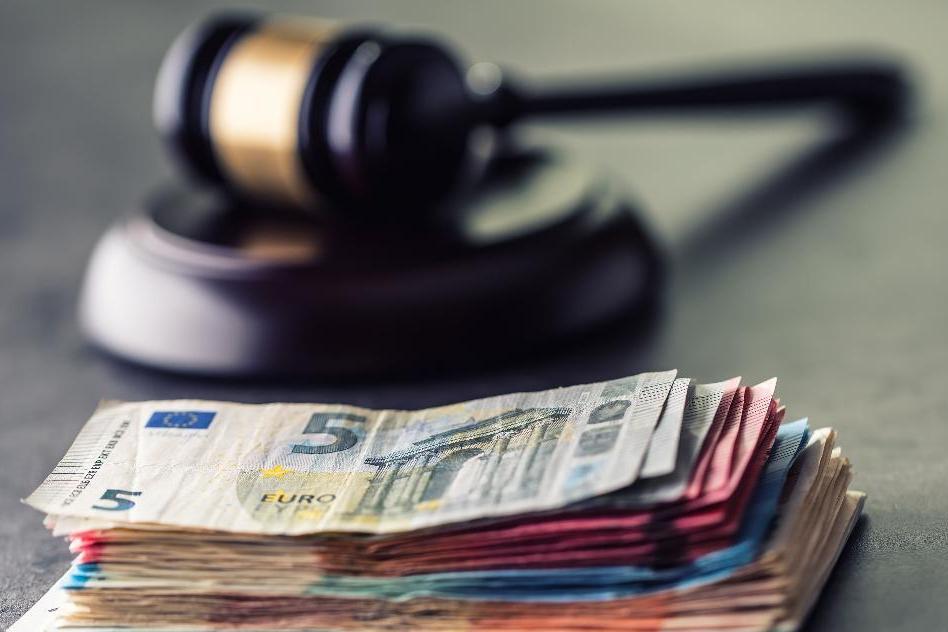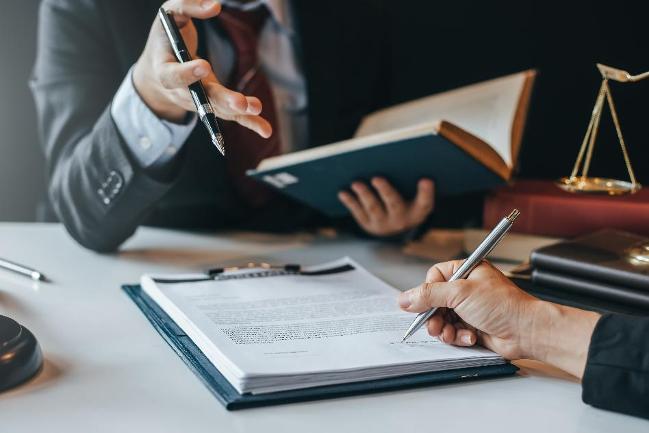Damages

Private actions for damages on account of competition law infringements
Anyone who violates the prohibition of anti-competitive agreements is obliged to compensate the injured parties for the damage incurred. Private enforcement of competition law thus serves to compensate those affected for the individual damage they have incurred as a result of a cartel. Private damages actions complement the activities of competition authorities. They are the “second pillar of cartel prosecution” and as such contribute to making it less attractive for companies to join illegal cartels, thus increasing the deterrent effect.
The number of private actions for damages has considerably increased over the last few years. As the claims for damages are usually settled out of court, the amount of damages actually paid is not publicly known.
In recent years the effectiveness of private actions for damages on account of competition law infringements has been further strengthened through legislative action and landmark court rulings:
- A final decision rendered by a competition authority against a cartel has a declaratory effect in private damages proceedings. This means that a claimant does not have to prove anew that competition law has indeed been violated.
- The competent court does not have to calculate the damage that has been caused, but can estimate it in each individual case.
- During cartel proceedings, the limitation period for potential damages claims is de facto suspended. As such proceedings can take a very long time, this suspension is important to ensure that such claims for damages do not become statute-barred.
Privileges enjoyed by the leniency recipient
Where cartel participants contribute to uncovering a cartel of competitors under the leniency regime, the Bundeskartellamt may grant full immunity from or a reduction of an administrative fine. The earlier a cartel participant starts cooperating with the Bundeskartellamt, the more valuable that contribution generally is and the greater the recompense. Leniency recipients who help to uncover cartels in the first place are normally granted immunity from fines.
In these cases, leniency recipients are also legally privileged with regard to liability matters in damages actions under civil law. They are only liable to their direct and indirect customers or suppliers. Leniency recipients are only liable for the harm suffered by other injured parties where these are unable to obtain full compensation from the other infringers (Section 33e German Competition Act — GWB).
Protecting leniency recipients is vital for effective competition law enforcement. If potential leniency recipients are deterred from cooperating with the competition authorities because they may be liable for damages, there is a risk that the infringement will remain undetected or cannot be investigated. For injured parties to be able to enforce their rights at all, it is therefore indispensable to offer privileges to leniency recipients.
Both the Monopolies Commission, as outlined in its XXIVth Biennial Report of 2022, and the Bundeskartellamt agree that further privileges should be granted to leniency recipients under law in order to further increase the effectiveness of competition law.
Inspection of the Bundeskartellamt’s files in administrative fine proceedings
To prepare their action for damages, claimants can request inspection of the Bundeskartellamt’s files on fining decisions (Sections 406e, 475 German Code of Criminal Procedure (StPO) in conjunction with Section 89c(5) sentence 2 GWB). If they are aggrieved persons within the meaning of Section 406e StPO or third parties (private persons or other agencies such as, for example, an insolvency administrator or trustee) within the meaning of Section 475 StPO, inspection of the files is granted.
Once the Bundeskartellamt has determined that a cartel law infringement has indeed taken place, a claimant does not have to prove anew that this is the case: Based on statutory rules a final decision made by a competition authority against a cartel member has a declaratory effect in private damages proceedings. This makes it significantly easier for injured parties to pursue their claims for damages in court subsequent to the proceedings conducted by the authority.
However, the fining notice does not contain individual information on the amount of the damage caused by a cartel infringement, as the exact amount is irrelevant to the authority’s fining decision.
Requests from injured parties must contain evidence of the damage they have suffered and their legitimate interest in obtaining the information from the file, and requests from third parties must contain evidence of their legitimate interest in obtaining the information from the file.
What does a file inspection request look like?
Claimants requesting to inspect the file can demonstrate their eligibility by providing evidence that they may have been harmed by the competition law infringement. In principle, this means proving in a plausible manner that they have purchased products which could have been affected by the cartel causing the damage. This can usually be done by submitting sample invoices showing that goods affected by the cartel were purchased from one of the fined companies during the cartel period. The invoices should be presented together with an explanation as to why the damage was caused by the cartel.
The (written) request to inspect the file must therefore clearly provide the following information:
- a sufficient explanation and demonstration of how you, as a potentially aggrieved person, may have been affected by the cartel (e.g. by providing sample invoices, redacted if necessary, which clearly show that you have been harmed); for further details on the cartel, please refer to the relevant case summary published on the Bundeskartellamt’s website;
- a justification of your legitimate interest in inspecting the file;
- a statement on whether, in the interest of a speedy procedure, you choose not to be informed of the natural and legal persons that were not fined, with the exception of the leniency recipient;
- and, if you have instructed a lawyer to file your request to inspect the file: a letter of authorisation.
Disclosure of requests for inspection of the file to companies and persons concerned:
Besides the addressees, some of the decisions imposing fines contain information on other legal and natural persons that were not fined by the Bundeskartellamt. As these persons are also affected by the claimant’s request to inspect the file, the Bundeskartellamt grants them the right to be heard before deciding on the request.
To speed up the procedure and avoid, for example, lengthy and time-consuming investigations by the addressees concerned in the context of inspecting the file, a claimant can choose not to be informed of the natural and legal persons that were not fined, with the exception of the immunity recipient. This should be expressly stated in the request to inspect the file.
The persons and companies fined and — if the complainants wish to be informed accordingly — the other persons who were not fined are given access to the file inspection requests and the associated annexes during the procedure. The requests and annexes are forwarded in full, that is without any redactions, to the companies and persons whose fining notices are to be inspected. As soon as the request is filed, it also becomes part of the file relating to the administrative fine proceedings.
Business secrets and personal data (such as date and place of birth) are generally not disclosed. However, the names of the natural persons and companies involved and information directly related to the infringement of competition law are disclosed.
Decisions of the local court on the inspection of files:
The Bundeskartellamt’s practice regarding the inspection of files by third parties is based on a large number of (final) decisions by the regional court of Bonn, which has jurisdiction in such matters.




